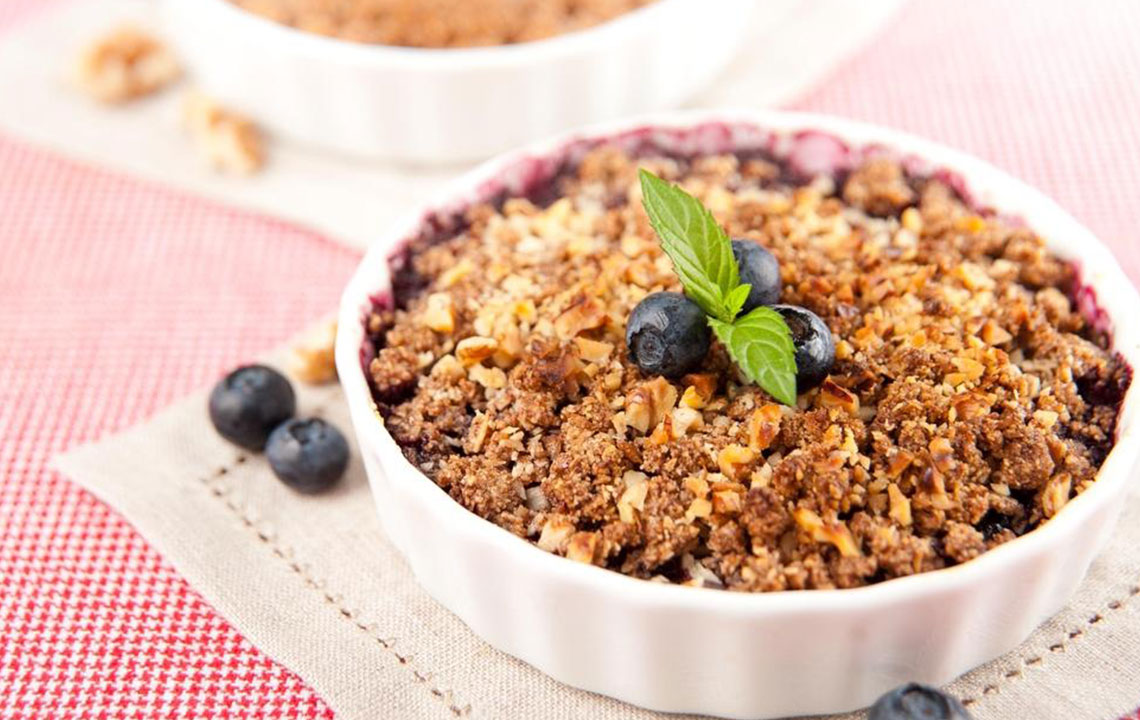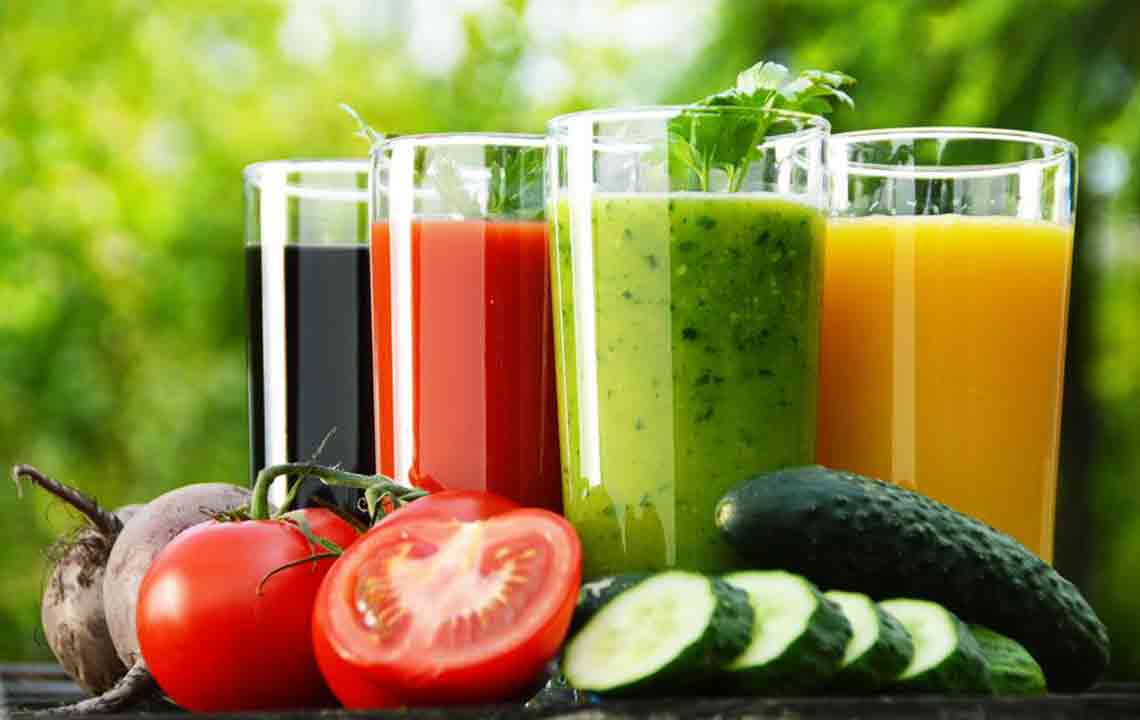Comprehensive Dietary Guidelines for Maintaining Optimal Kidney Health: Essential Foods to Include and Avoid
This comprehensive guide details dietary strategies to support kidney health, emphasizing essential foods to include and those to avoid. It highlights nutrient-rich vegetables, fruits, and proteins that promote kidney function, along with cautionary advice on limiting sodium, potassium, phosphorus, and excess protein intake. Designed for individuals with kidney concerns, this article provides practical dietary tips to manage kidney conditions effectively. Maintaining a balanced diet can help slow disease progression and enhance overall well-being, making it an invaluable resource for patients and caregivers alike.

Promoting Kidney Wellness through Proper Nutrition
The kidneys play a crucial role in filtering waste products and excess fluids from the bloodstream, ensuring the body's internal environment remains balanced. When kidney function is compromised, it can lead to the buildup of toxins, fluid retention, and a host of health issues. Recognizable symptoms such as swelling in the ankles and legs, shortness of breath, persistent fatigue, nausea, vomiting, and sleep disturbances often indicate declining kidney health. Implementing a strategic diet can significantly support kidney function, slow disease progression, and improve overall well-being.
This comprehensive guide is designed to inform you about the most beneficial foods that bolster kidney health, along with foods that should be limited or avoided to maintain optimal renal function. By understanding these dietary choices, individuals with kidney issues or those at risk can better manage their condition and potentially prevent progression to chronic kidney disease.
Foods to Incorporate for Kidney Health
Cabbage: An excellent source of phytochemicals, vitamins K and C, dietary fiber, folic acid, and vitamin B6, cabbage is a versatile vegetable that supports cardiovascular health and provides anti-cancer properties. Its low potassium content makes it suitable for kidney-friendly diets. Enjoy cabbage steamed, boiled, raw in salads, or as a filling ingredient in sandwiches and wraps.
Cauliflower: Rich in vitamin C, dietary fiber, and folate, cauliflower contains natural compounds like indoles that promote detoxification by neutralizing harmful substances. These compounds help protect cellular DNA and maintain the integrity of cell structures. Cauliflower can be enjoyed steamed, boiled, roasted, or raw in salads and snacks, making it a tasty addition to a renal-supportive diet.
Red Bell Peppers: Packed with potent antioxidants such as vitamins C, A, B6, as well as folic acid and fiber, red bell peppers are a colorful and nutrient-dense vegetable. Their versatility allows them to be added to salads, stir-fries, roasted dishes, or eaten raw for a sweet crunch, all while supporting kidney health and enhancing immune function.
Apples: Known for their role in lowering LDL cholesterol levels, apples are also beneficial for improving digestion and reducing cardiovascular risk. They are high in dietary fiber, particularly soluble fiber, and contain anti-inflammatory compounds. Apples are convenient snacks or can be incorporated into desserts, salads, or sauces, making them an easy, kidney-friendly fruit.
Berries (Blueberries, Strawberries, Raspberries): These berries are among the highest sources of antioxidants such as anthocyanins, vitamin C, and dietary fiber. Their anti-inflammatory properties help combat oxidative stress in the kidneys. Fresh berries can be eaten raw, used in smoothies, added to cereals, or used as toppings for yogurt or desserts, providing both flavor and renal benefits.
Garlic and Onions: Rich in flavor and health-promoting compounds like allicin and quercetin, garlic and onions contribute to heart health by lowering cholesterol levels and reducing inflammation. Incorporating these vegetables into soups, salsas, roasted dishes, or stir-fries boosts both taste and health, supporting vascular health in individuals with kidney concerns.
Egg Whites: As a complete source of high-quality protein with minimal phosphorus content, egg whites are especially suitable for kidney-friendly diets. They can be prepared as omelets, scrambled whites, added to salads, or used in baking, providing essential amino acids without overburdening the kidneys.
Fish (Salmon, Trout, Mackerel): Rich in omega-3 fatty acids, high-quality protein, and anti-inflammatory compounds, fatty fish help reduce inflammation in the kidneys and promote cardiovascular health. Regular consumption of these fish supports overall kidney function and helps prevent cardiovascular complications often associated with kidney disease.
Foods to Limit or Avoid for Kidney Health
Sodium (Salt): Excessive sodium intake is a leading contributor to high blood pressure and fluid retention, both of which can worsen kidney function. It's important to limit salt in cooking and avoid processed foods, canned meals, salty snacks, cured meats, fast food, and restaurant dishes. Always read labels to select low-sodium options and steer clear of salt substitutes that contain potassium, which can be harmful to those with kidney issues.
Potassium: While potassium is vital for heart and muscle functioning, excessive intake can be perilous for individuals with impaired kidney function. Focus on limiting high-potassium fruits and vegetables, such as bananas, oranges, potatoes, spinach, and tomatoes. Instead, choose lower-potassium options like berries, peaches, grapes, cucumbers, lettuce, and zucchini to keep potassium levels in check.
Phosphorus: Elevated phosphorus levels can lead to weakened bones and vascular calcification. Limit dairy products, nuts, seeds, beans, lentils, organ meats, sardines, processed meats, and sodas containing phosphates. Opt for phosphorus-restricted foods and consider limiting processed and packaged foods that often contain phosphate additives.
Excess Protein: While protein is essential for body repair and maintenance, too much can place undue stress on the kidneys. Work with your healthcare provider or a dietitian to determine appropriate protein intake, focusing on high-quality, kidney-friendly sources such as egg whites, certain fish, and plant-based proteins in moderation.
Adopting these dietary strategies can support kidney health, delay disease progression, and improve quality of life. Always consult with healthcare professionals to tailor a diet plan suited to your individual health status and needs.





